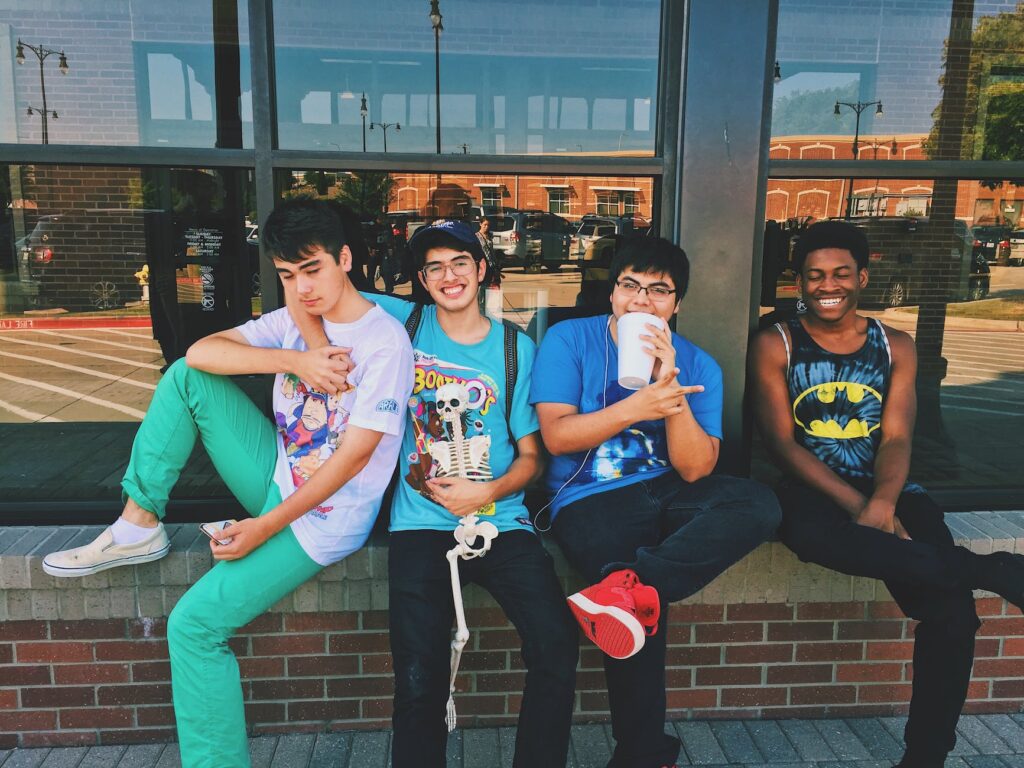
Introduction
First-generation college students are a diverse group of people from different races and ethnicities. They share the common experience of having at least one parent who did not go to college. First-generation students often face many challenges in obtaining a higher education. In this article, Dr. Julian Mitton will explore how many first-generation college students there are, why they may have trouble getting into college, and what resources exist for helping these students successfully complete their studies.
Whether or not you qualify?
As a first-generation college student, you may be wondering what this means and whether or not you qualify.
A first-generation college student is defined as someone whose parents did not attend college. Even if your family has had some exposure to higher education–say, a grandparent or uncle went to college–you’re still considered a first-gen if neither of your parents did.
There are many reasons why it’s beneficial for students who are first in their families to go to college: For example, attending school can help them develop skills that will lead them toward successful careers and give them an advantage over non-college educated peers when it comes time for job interviews and promotions. However, attending school also presents challenges that might affect their success as future professionals (more on those later).
How Many People Are First-Generation College Students?
According to the National Center for Education Statistics (NCES), there are more than 5 million first-generation college students in the United States. The Institute of International Education estimates that there are around 8 million globally.
What’s the Biggest Obstacle for First-Generation College Students?
The biggest obstacle for first-generation college students is the financial burden. It’s not uncommon for a student to feel overwhelmed by the cost of tuition, fees, and books–not to mention living expenses. A lack of support from family can be another major challenge. The best way to overcome these obstacles is by getting involved in campus organizations that give you opportunities to meet other students who share your background or interests and can help guide you through the process of applying for scholarships and navigating college life.
Does Race Play a Role in Obtaining a Higher Education?
According to the College Board, first-generation college students are more likely to be white and female. They also tend to come from rural communities, which means they may lack access to resources like libraries and technology.
First-generation students often face many challenges when it comes to pursuing higher education: they’re less likely than their peers without immigrant parents (or “second generation”) to have been taught about college preparation; they tend not only lack guidance but also financial support for their education pursuits; and schools often overlook these students’ needs due to stereotypes about who qualifies as an “underachiever.”
Conclusion
If you’re a first-generation college student, you may be feeling like there aren’t many resources available to help you achieve your goal of getting a degree. But the truth is that there are plenty of scholarships out there just waiting for students like you! We’ve put together this list of scholarships specifically targeting first-generation students and their families so that they can access information on how they might qualify.